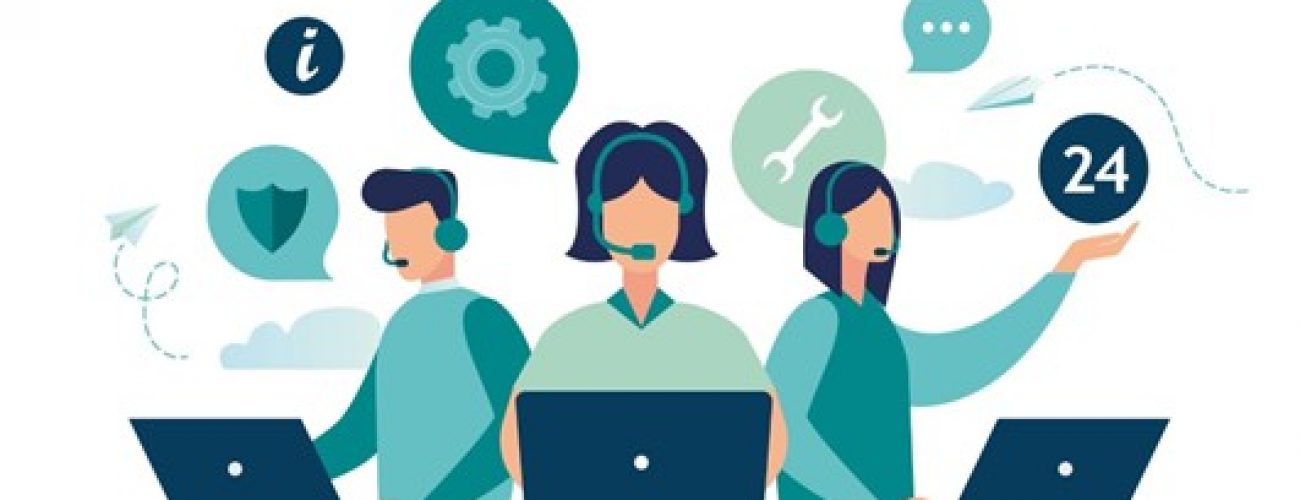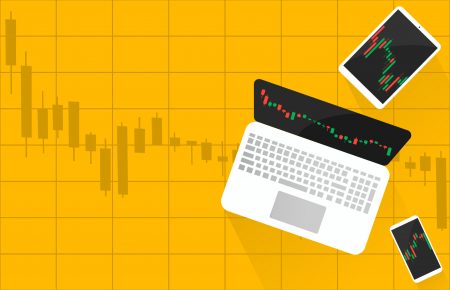How has technology played a pivotal role in enabling the growth of the gig economy? Can you share one specific example to back up your insight? Here is what eight thought leaders had to say.
- Automating for Efficiency in Consulting
- App Transforms Design Freelancing
- Geo-Fencing Enhances Ride-Sharing
- Tech Eases Payment for Gig Workers
- Real-Time Gig Apps Empower Workers
- Online Marketplaces Connect Jobs Instantly
- Apps Enable Students to Earn Flexibly
- Tech Streamlines Destination Wedding Planning
Automating for Efficiency in Consulting
As an independent consultant, I have a large responsibility to be as efficient as possible. If I am selling my time, I need to ensure that I am able to maximize the value I can deliver with the least amount of time spent.
This is where technology plays a large role. I am heavily invested in automating as many processes as possible. I have contact forms on my website, social media forms, and other lead-intake forms automating into a single CRM, so I have one window to review every day to keep me organized. This is a huge time-saver.
I leverage a combination of ChatGPT and Google Gemini to create drafts of project plans, meeting agendas, and other time-intensive activities. This allows me to edit and fine-tune rather than create from scratch.
For content creators, there are loads of tools like OpenAI to generate social media posts and images to save time and allow a large savings in time spent creating. This enables gig social media marketers to support more clients than before.
Edward Pinela III, MBA, Founder & CEO, Lightray Solutions
App Transforms Design Freelancing
Platforms like Uber, Airbnb, and Fiverr have transformed entire industries by leveraging technology to match supply and demand in real-time.
I remember working with a startup at Spectup that developed an app for freelance graphic designers. This app wasn’t just a marketplace; it integrated project management tools, secure payment gateways, and even AI-driven design assistance. It was fascinating to see how this app empowered designers to manage their entire workflow from their smartphones. They could take on projects, communicate with clients, track their progress, and get paid, all within one app. This tech-enabled flexibility allowed many designers to turn freelancing from a side hustle into a full-time career.
One specific example is when we helped this startup roll out a new feature that matched designers with clients based on their portfolio and project needs using AI.
Niclas Schlopsna, Managing Consultant and CEO, spectup
Geo-Fencing Enhances Ride-Sharing
Geo-fencing, in particular, has made a significant impact by enabling location-based services that optimize task assignments and improve efficiency. For example, ride-sharing apps like Uber utilize geo-fencing to match drivers with nearby passengers, ensuring timely pickups and enhancing the user experience. This technological advancement not only maximizes resource utilization but also increases the reliability of gig-based services, encouraging more individuals to participate in the gig economy.
Michael Lazar, CEO, Content Author
Tech Eases Payment for Gig Workers
Previously, check-cashing and payday loans were a necessary evil for many blue-collar workers. Now, with new payment technology and low-credit checking account startups, paycheck-to-paycheck employees have many more options for getting paid for their work quicker. Check-cashing businesses and payday loan providers have been really predatory in the past, so getting quicker pay to gig workers is an awesome step in the right direction. (I was previously the co-founder of Bluecrewjobs.com, an app-driven staffing startup that offers work and daily pay to temp and gig workers all over the US.)
Cooper Newby, Co-founder, Classet
Real-Time Gig Apps Empower Workers
Technologies like gig apps that provide real-time communication among vendors and workers, including real-time status of open or completed tasks, have opened the doors to infinite permutations for which types of gigs can be worked during any hour of the day. This extends a menu of options to engage as an employer or contractor on a part-time or full-time basis. There’s greater flexibility in how people are contributing to the economy by setting some of their own terms, which celebrates their autonomy. This autonomy extends to how often the workers want to get paid and based on which payment method. Some gig opportunities allow contributors to cash out their earned funds within the same day, unless they want to follow a default cadence when all contributors are paid. These technology gigs include some of the following examples: ride-sharing, grocery and food deliveries, event management/same-day retail gigs, online fashion marketplaces, real-time phone and mentoring services, etc. All of these technologies have provided people with varying degrees of earning power, freedom, and bandwidth to get creative with their career prospects.
Sasha Laghonh, Founder, Sasha Talks
Online Marketplaces Connect Jobs Instantly
Think online marketplaces and apps like Uber or Upwork. These connect businesses with people who can do specific jobs, like driving or writing. No more waiting around for interviews or headhunters! Plus, technology lets people work remotely, so someone in India can write for a company in the U.S. Pretty cool, right?
Sadik Shaikh, Digital Marketer
Apps Enable Students to Earn Flexibly
Technology has been the backbone of the gig economy, transforming how we connect, work, and earn money. As the founder of College Canine, I’ve seen firsthand how technology has enabled students to balance their education with earning opportunities in a way that simply wasn’t possible before.
One specific example of this is the rise of mobile apps that connect service providers like us with clients in real-time. For College Canine, our web app allows busy dog owners to find local college students as dog walkers and sitters at the touch of a button. This convenience is a game-changer for both students and owners. Dog owners can book services quickly and easily, and students can earn money—fitting walks or sitting jobs around their classes and club meetings.
New technology allows us to include features like GPS tracking, so dog owners can see exactly where their pets are during walks, and secure payment processing, which takes the hassle out of handling cash and ensures students get paid promptly—in a tax-conscious way. We’ve even started working on allowing students to pay off their loans automatically, which would never be possible without our automations. These technological advancements not only make the service more trustworthy for clients but also provide a flexible way for students to earn money. Technology fosters the gig economy by bridging the gap between those needing services and those offering them, smoothing out the whole process for everyone involved.
William McGonagle, Co-CEO, College Canine
Tech Streamlines Destination Wedding Planning
Technology has been crucial in enabling the growth of the gig economy by providing platforms that connect freelance professionals with clients in need of specific services. In destination wedding planning, technology allows couples to hire our expert planners for their special day as a one-time “gig.” Our platform uses advanced matching algorithms and comprehensive service listings to ensure couples find the perfect resort that meets their unique needs. This tech-driven approach simplifies access to top-tier destination wedding planning services without long-term commitments.
A specific example is our use of virtual collaboration tools. Our planners conduct virtual consultations with couples via video conferencing, enabling real-time communication and planning regardless of location. Additionally, project management tools help coordinate with vendors, manage timelines, and track progress, ensuring every wedding detail is meticulously planned. This technological integration allows us to offer high-quality, flexible services that cater to modern couples’ evolving needs, driving growth in the gig economy within wedding planning.
Garrett Nutgrass, Marketing Content Strategist, Destify






